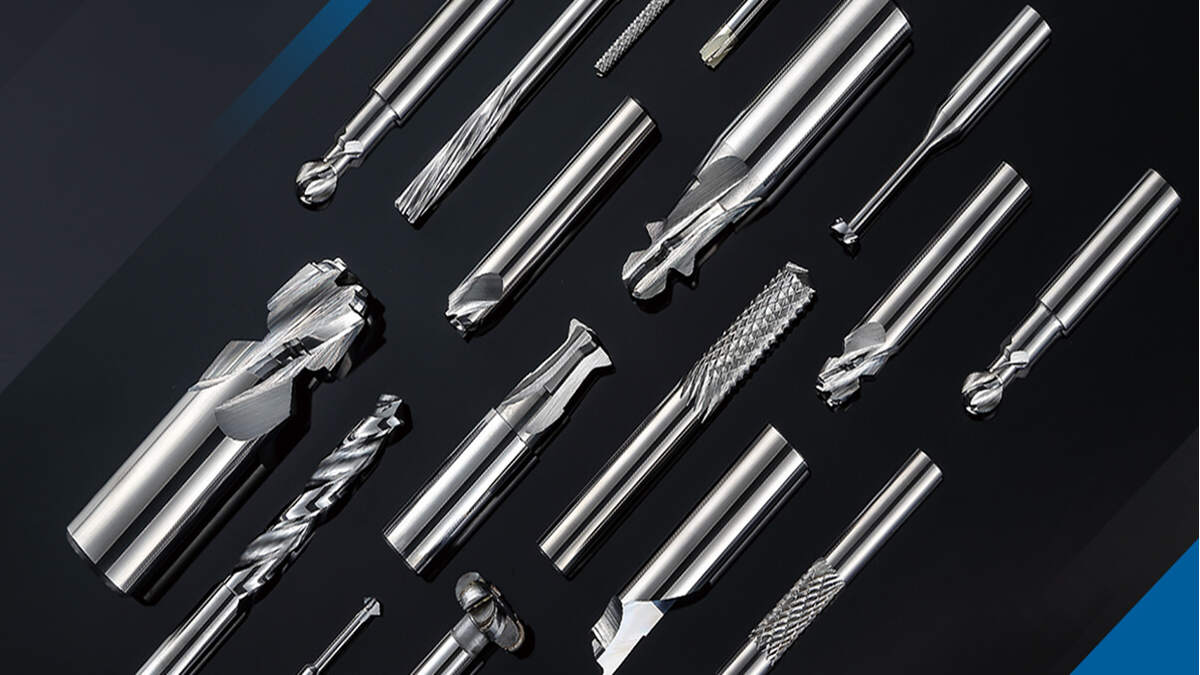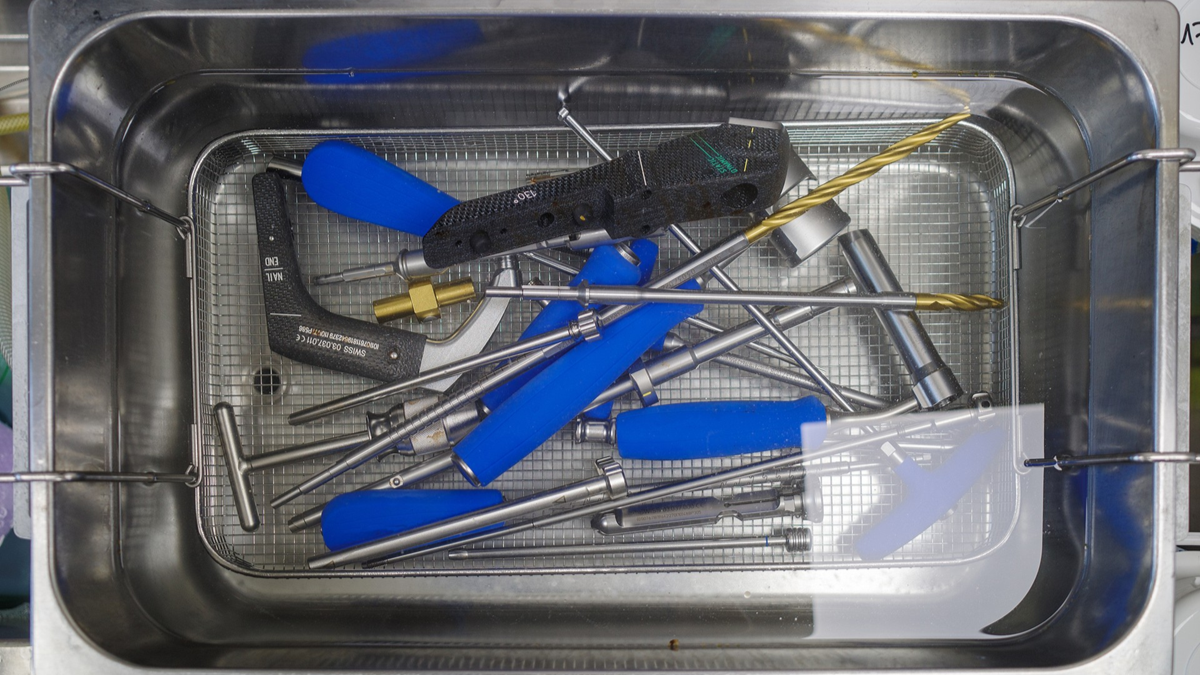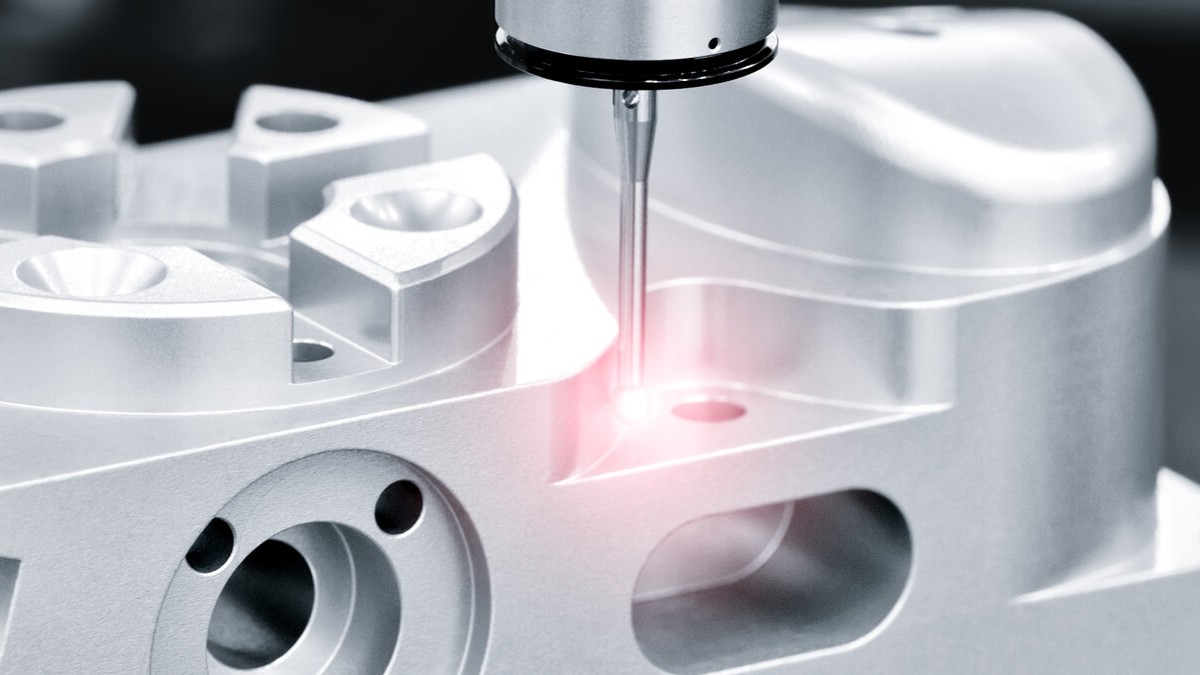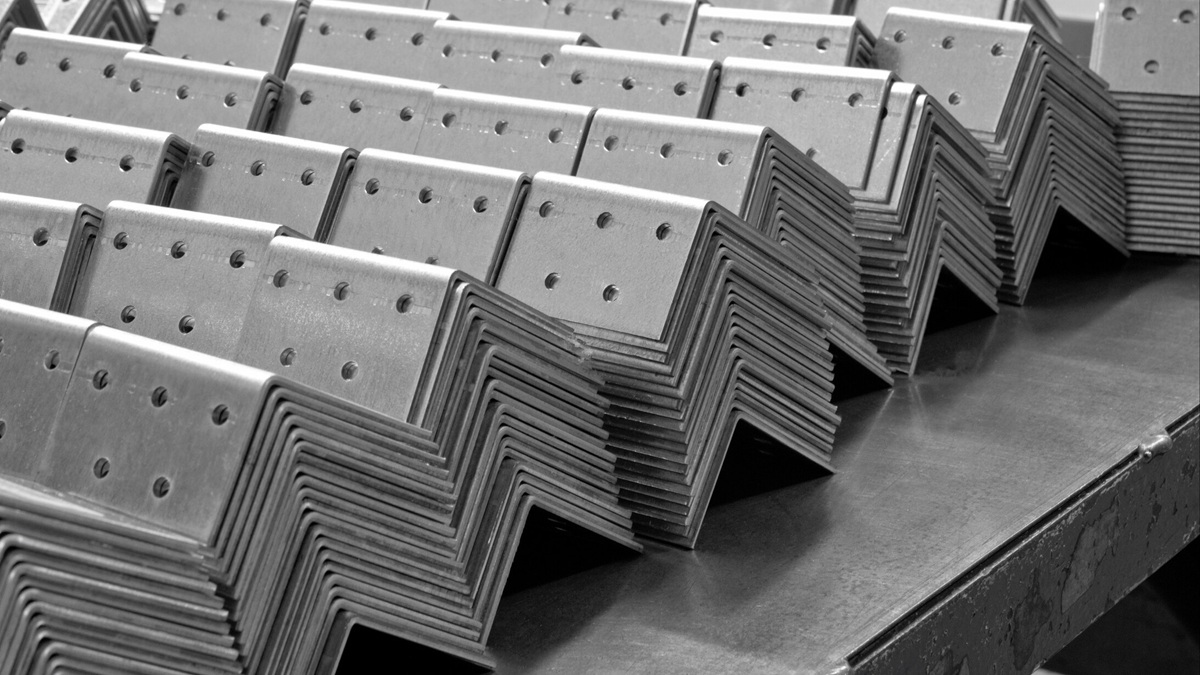An Industrial PC, referred to as IPC, mainly refers to a personal computer that is specially used in the industrial world and can be used as a manufacturing controller.
What Is an Industrial Computer?
The earliest use of industrial computers was for factory production processes. The control and monitoring of instruments and machinery were limited to the industrial automation card system, and its use was mainly in automation equipment. The barriers to entry of industrial computers are high. Large factories are reluctant to produce products that do not reach economies of scale, while small factories cannot easily enter due to a lack of funds. Most of the products are tailor-made according to customer needs.
Due to the requirements of many industrial-grade applications, such as for factory automation, or for general embedded application systems such as point-of-sale systems, etc., it is necessary for systems to be more stable, more durable, more secure, more resilient for use in a harsh environments, and easier to manage. They are used where the supply period of the same product will continue for more than one year. Therefore, PC products designed for various industrial characteristics emerge as demand requires, such as for Industrial PCs (IPCs) and Embedded PCs (EPCs). They are mainly used in the control of factory production lines, such as industrial automation systems for scheduling and feeding. With the advancement of science and technology, the application scope of IPCs has expanded to various new industries.
What are the Application Areas for Industrial Computers?
With the development of 3C, the application of industrial computers has expanded from the original industrial automation to office automation and home automation. In recent years, industrial computers have gradually been applied to integrated communications, networks, software, and optoelectronics, with a special emphasis on applications such as MRT card readers, automatic ticket machines, bank ATMs, and endpoint sales systems. Other emerging markets include IPCs for gaming, network storage (NAS), digital signage, intelligent building automation monitoring systems, environmental monitoring systems, lottery computers, vending machines, large video game machines, health care equipment, computer telephone integration (CTI), VoIP Gateway/PBX, etc.
Industrial computer sales targets are usually system integrators (SIs) or value-added vendors (VARs), with less focus on direct sales to end-users. Most of the customers for Taiwanese manufactured IPC systems are from the industrial sectors in Europe, America, and Japan. When a client purchases a product, complete system integration must be considered. Because the complexity and price of the products are higher than that of general consumer products, the production time is also longer. Embedded computers are able to adapt to various working environments and are used in many different product applications, such as human-machine interfaces, medical care systems, information systems, global satellite positioning systems (GPS), and so on.
What Is the Difference Between an IPC and a PC?
Generally, a Personal Computer (PC) refers to a general-purpose personal computer used for basic applications such as Word, PPT, internet browsing, or holding video conferences. Because the demand is increasing for more and more applications, this indirectly drives the demand for improvement of PC specifications. Therefore, the PC industry and consumer electronics industries are always pursuing products with higher specifications, such as mobile phones and tablets that are faster and have more advanced processors and better memory.
The word “Industrial” means that the IPC "does one thing well and completely" such as controlling a pre-production line of medical robots. In contrast, you do not need to meet as broad of a range of tasks as a with a general PC; you only need to complete specific tasks accurately. Therefore, the basic performance and compatibility requirements of IPCs are similar to (or even lower than) that of ordinary PCs, but IPCs require higher stability and reliability. IPCs are usually designed for special situations, which means that products (both hardware and software) need to be customize to meet the different IPC requirements. For example, IPCs may need to pay more attention to heat dissipation, or need to deal with dust, water, and static electricity problems.
The source of value created by IPC manufacturers is the completion of system integration. What is required is not to upgrade hardware specifications, but to deeply understand the current needs of customers, predict and plan future IPC application scenarios, and complete system integration and production line monitoring solutions. IPC customers don't pay much attention to the price of the product or the cost of the foundry, but they pay more attention to the quality and function of the product. Since most IPC applications are key application processes, they have strict requirements on quality and stability. If the IPC crashes, it can often affect the progress of the entire production line, and may even endanger personal safety.
Features of Industrial Computers:
- IPSs are tailor-made to meet different industrial needs, such as for special I/O systems, networks, and power supply interfaces that require higher stability, durability, and reliability. They need to hold up under long-term exposure to harsh operating conditions, such as high or low temperatures, wide voltage ranges, excessive shock, or exposure to water and moisture, etc.
- Specially designed Out-Of-Band (OOB) management systems allow for remote repair when the operating system is damaged. A technician will not be required to be onsite to make repairs.
- The longer the expected production period is, the more beneficial and IPC will be to the production line. Because special consideration must be given to formulating product specifications and material selection, plans of a least 7 years, or even as long as 15 years, are normal when planning IPCs for production lines.
- Many relevant product certification standards.
Development Constraints of the IPC Industry:
Compared with the vigorous development of the PC industry over the past 20 years, the growth of IPCs has been relatively weak. The business model of mainstream IPC players is to provide system integration and solutions to generate value. The demand for industrial solutions is lower in the business-oriented, B2B market than it is in consumer B2C markets such as for electronics, and not every industry can afford a complete set of solutions. Because the demand for high-end technology is low, competition in the industry is low, making the relevant supply chains less mature, with few improvements.
Challenges Facing the IPC Industry:
- In-depth consumer application scenarios: The application focus of industrial computers has transformed from manufacturing to close to consumers.
- Small and diverse production management focus: Industrial computers used to be mostly used at the manufacturing site, and their numbers were relatively large. Current industrial computer development will focus on providing a smaller number of computers with more diverse production capabilities. Because many components of industrial computers, such as CAMERA, DRAM, CPU, etc. are precision key components, and the price of these key components is high, it is important to control material costs, especially when using small amounts and a large variety of components.
- Software and hardware integration is facing challenges. In the past, industrial computer manufacturers were more aware of the needs of a single industry, such as manufacturing, but now applications are expanding into different industries. Understanding the different requirements of these new industries, and providing professional solutions are the challenges that need to be overcome.
Future Trends of the IPC Industry:
-
Supply chain trends within the industry:
- Manufacturing specialization - Overall manufacturing processes in supply chains are becoming more and more specialized. In the past, processes such as SMT/DIP assembly, as well as complete machine assembly were all completed by the same company. However, such a one-stop process will require more and more expensive equipment, personnel, and professionalism. Therefore, recently, industrial computer manufacturers have begun to dismantle the manufacturing process, slowly outsourcing processes such as SMT/DIP processing, and focusing on system integration.
- The second relocation of production bases and supply chains, and risk diversification - In the past, many Taiwan electronics industry manufacturers moved their production bases for higher-cost, manufacturing processes to China or Southeast Asia. They only retained the final product assembly locally. Recently, manufacturers have been slowly shifting their production and supply chain focus to Southeast Asia. Being affected by the Sino-US trade war, and facing the necessity to avoid risks, it is necessary to be closer to local markets, so manufacturing is transferring to Southeast Asia.
-
The shift in the business model:
Taiwan's overall industrial computer industry ranks among the top three in the global IPC field. However, many manufacturers all over the world are catching up, especially in China, where there is a lot of homogeneous competition. Therefore, recently, many Taiwanese manufacturers have changed from pure OEM to ODM including design, and some have even changed to OBM for brand management. Taiwanese manufacturers are gradually beginning to spend time and effort on brand management. Brand management is not only concerned with the production but also must consider whether the overall quality history and after-sales maintenance system can satisfy customers. And the maintenance system cannot only be located in Taiwan but must be located close to the market, such as in Europe and the United States.


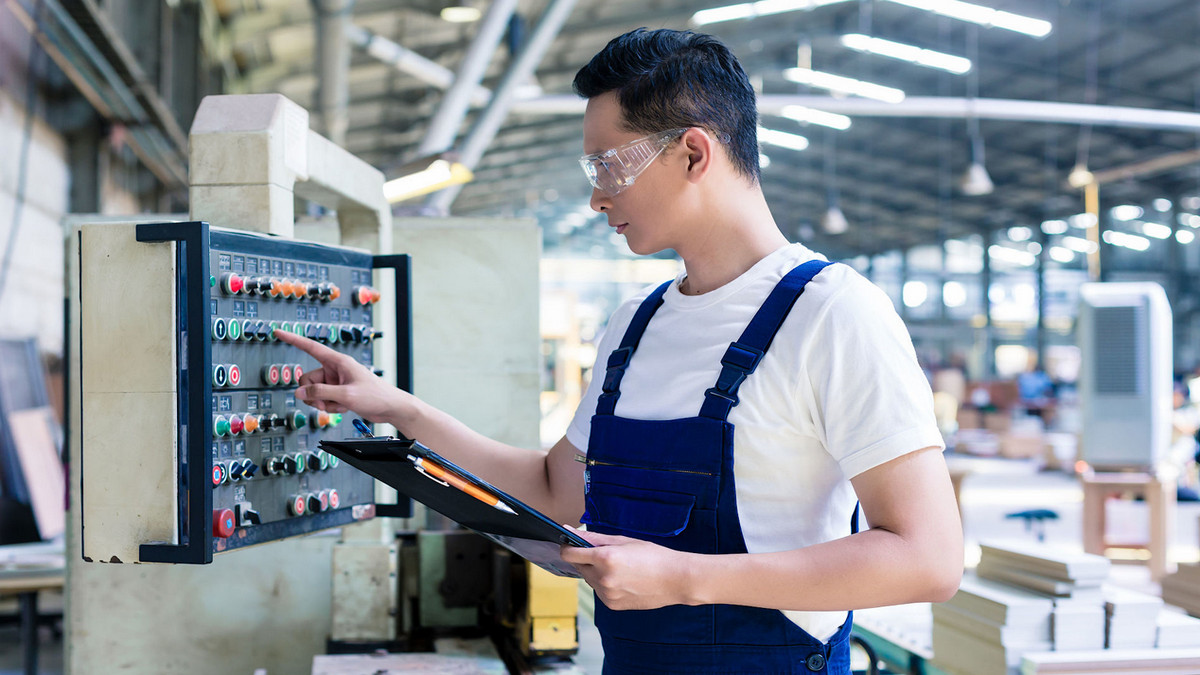
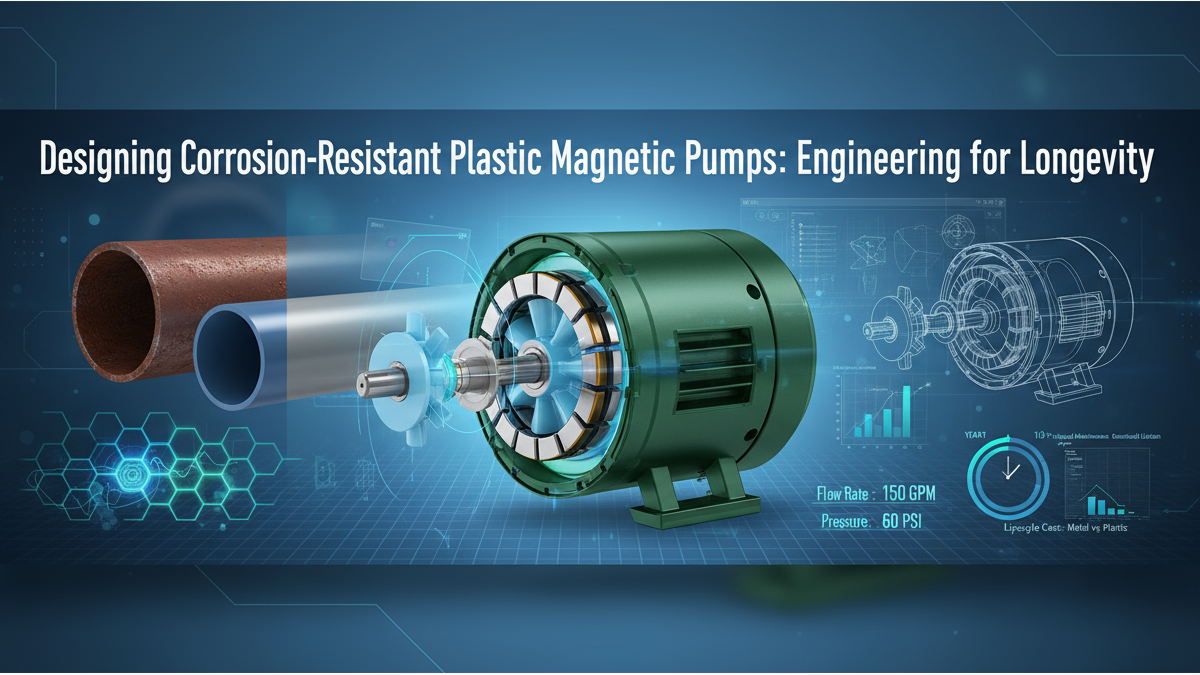

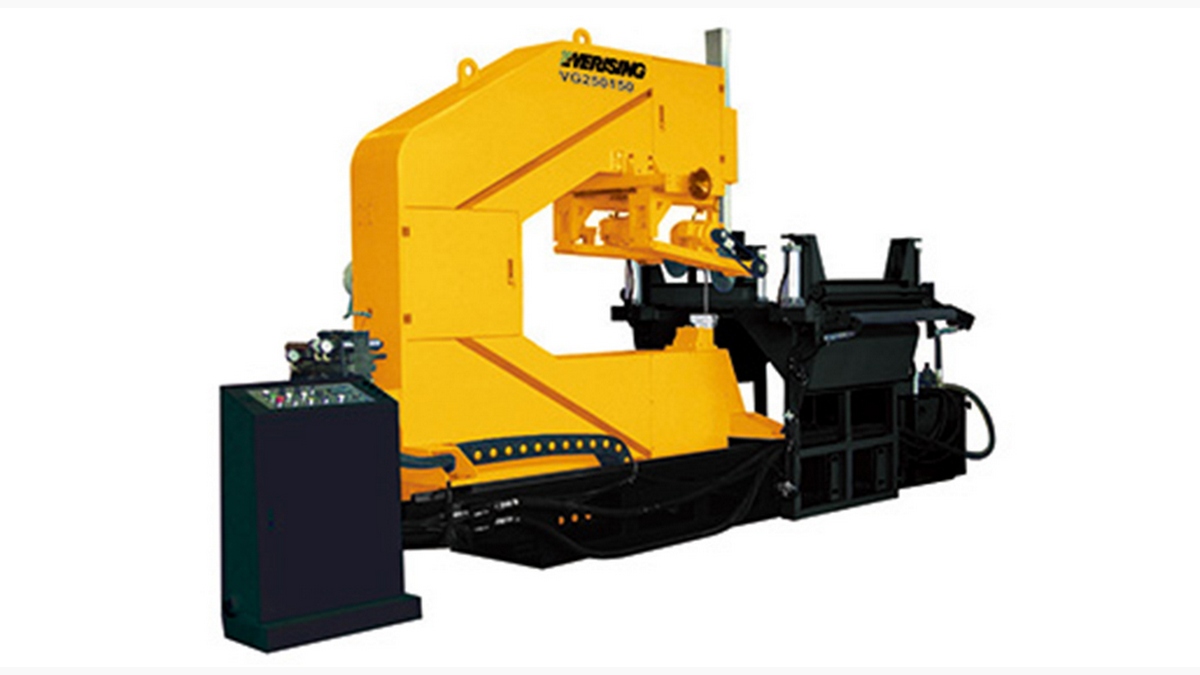



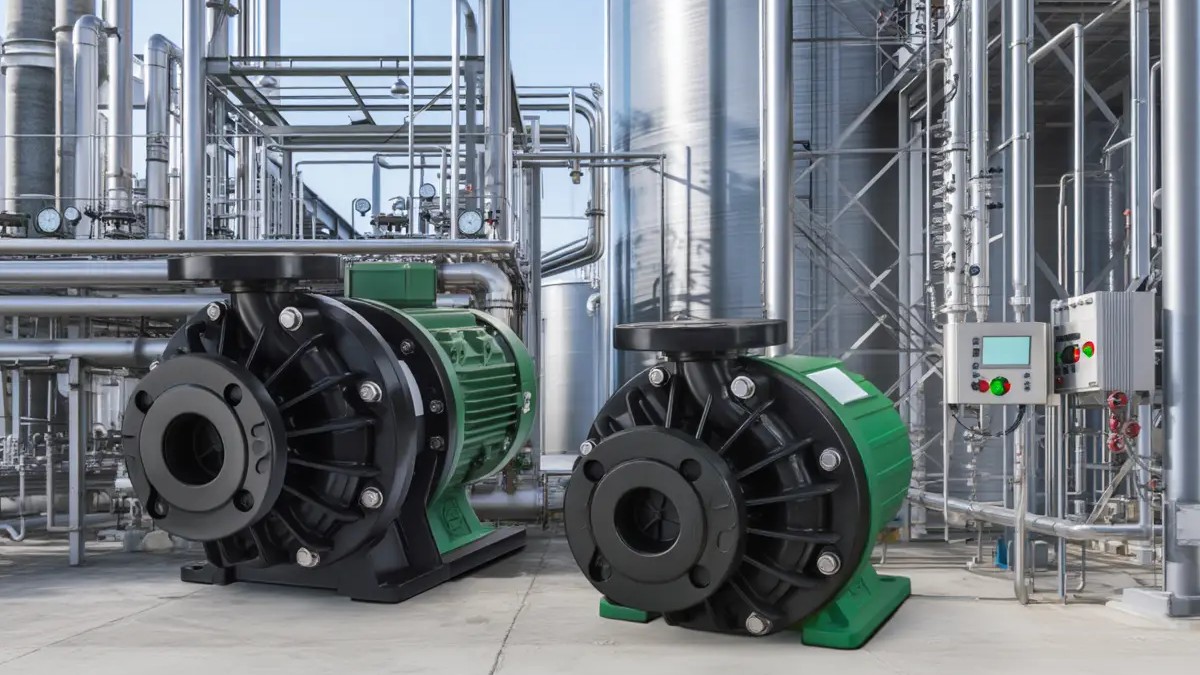
.png)
